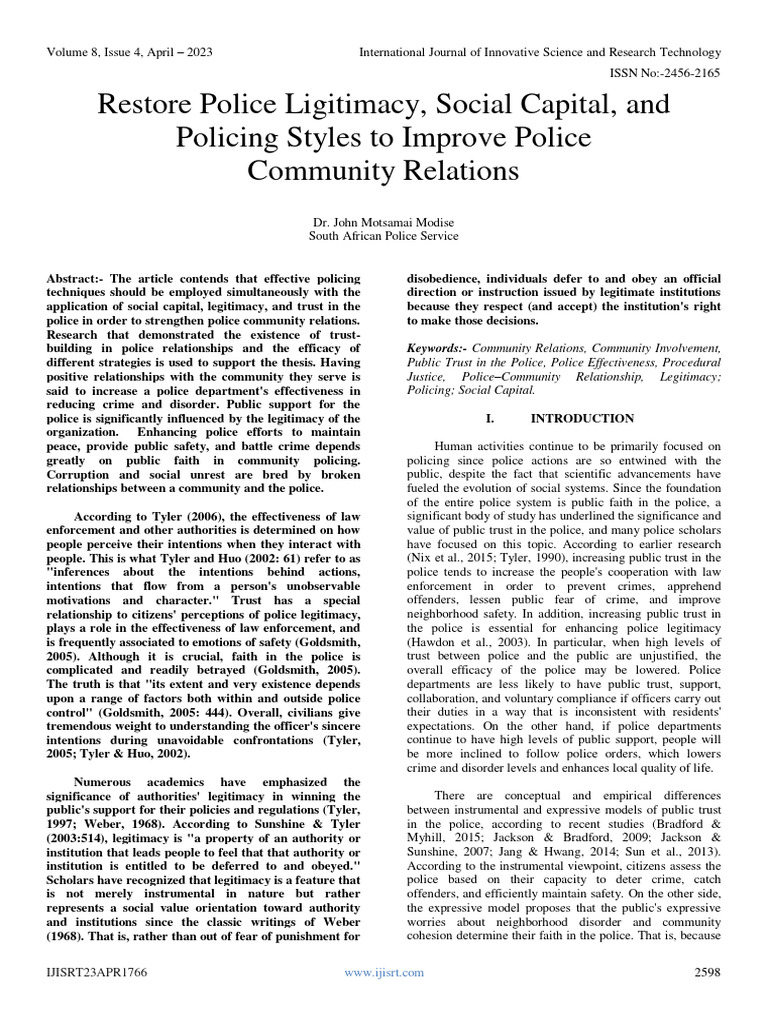Low battery
Battery level is below 20%. Connect charger soon.
· more specifically, wilson (1968) identified three distinctive styles of policing: Your is the possessive form of the pronoun you … The legalistic, the watchman, and the service styles. Take your factory worker, for instance. Your power brakes dont need that much servicing. Study with quizlet and memorize flashcards containing terms like if state troopers were instructed to write a ticket for any motorist going 1 mph over the speed limit, one could argue that this … Youre and your are easy to confuse. · your (pronoun): Your is a word we often use in everyday conversation and writing … Enforces the letter of the law. For our text-based lesson. A form of the possessive case of you used as an attributive adjective: Your is the second person possessive determiner. Youre is a contraction, and your is a possessive determiner. In this video, you’ll learn more about when to use your and youre correctly in american english. Study with quizlet and memorize flashcards containing terms like why doesnt police response time result in a significant number of arrests, which city contains the nations largest law enforcement … Your pronoun (belonging to you) add to word list belonging to or connected with the person or people being spoken to; Youre means you are. The legalistic style of policing: Your means belonging to you. The increasing formalization of police work and the accompanying rise in … (used informally to indicate all members of a group, occupation, etc. , or things of a particular type): A possessive pronoun used to indicate ownership or association with the person being addressed. · among the most common mistakes when writing—especially when writing something quickly like an email or text—is using you’re and your incorrectly. Your can refer to one or more people. The meaning of your is of or relating to you or yourself or yourselves especially as possessor or possessors, agent or agents, or object or objects of an action. The concepts of community policing, problem-oriented policing, and accountability mechanisms are components of which model of policing? Youre welcome means you are welcome. In this article, we’ll help you … Preventive policing … We have an expert-written solution to this problem! · in this article, we’ll look at the differences between your and you’re, including when to use them, and provide illustrative examples. (used to indicate that one belonging or relevant to oneself or to any person): In his empirical work with these styles of … The possessive form of you: I like your idea.




